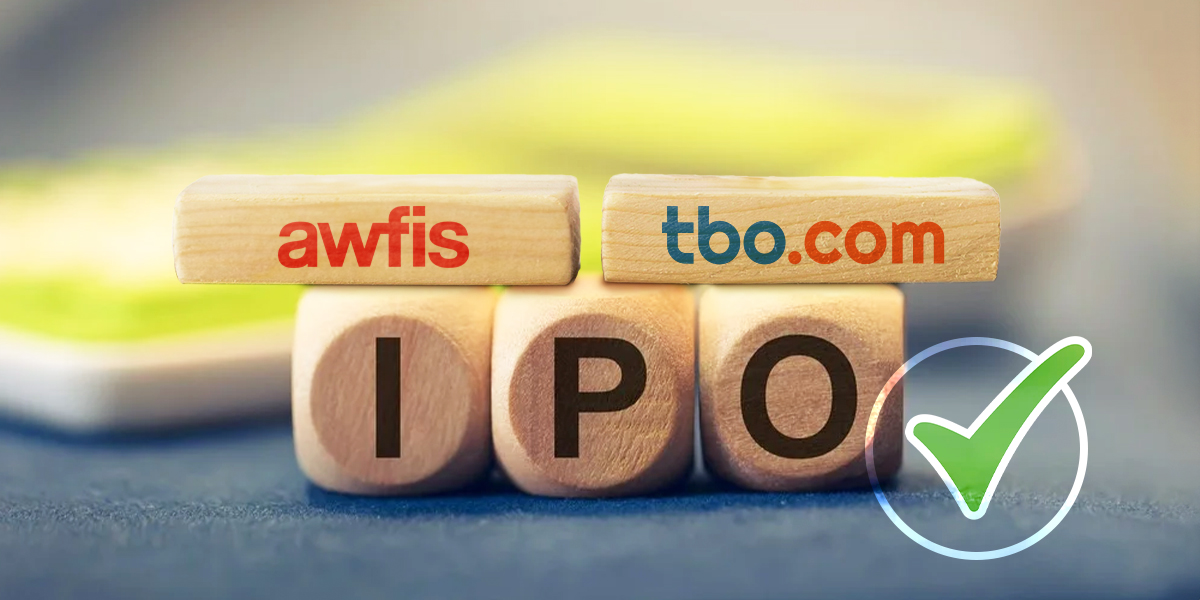Nandan Nilekani is now looking to replicate the success of UPI. He, along with Pramod Varma and Sujith Nair, founded Beckn in late 2019 — a UPI-like open specification for mobility and commerce. It works as an open but integrated marketplace that provides a level playing field to new players and incumbents who can use Beckn to reach more customers.
Beckn is a non-profit entity which develops open protocol specifications and enables their evolution while working with an ecosystem of participants from civil society, governments, and business, per its website. Some of its current partners include logistics startup Dunzo and B2B ecommerce firm ShopX.
According to three Entrackr’s sources, Beckn was initially restricted to mobility but early this year it added location-based commerce as well. “Visualise Beckn as UPI for mobility and commerce. It integrates all these service providers and provides a single interface for application developers just like how UPI did for payment service providers,” said one of the sources aware of the way Beckn works, on condition of anonymity. “Simply put, a user would be able to book an Uber or Ola but wouldn’t require the Uber app.”
Beckn brand is owned by Open Shared Mobility Foundation. According to regulatory filings, Nilekani is the only investor in the firm. As of now, he picked up 8,40,000 shares in two tranches.
Beckn reduces the barrier of entry for mobility solutions by generating more rides on its platform at low costs. It weeds out the pain of discoverability and lowers the consumer acquisition cost for new and existing companies working across first and last-mile connectivity.
Apart from mobility, Beckn’s ecosystem includes location-based commerce across segments such as final mile delivery, restaurants, hotels, and healthcare. It also has released a concept paper on eKirana. The framework of eKirana allows network participants such as trade bodies, local kirana stores, grocery SaaS platforms, logistics, and final mile delivery companies to come together and unlock the challenges of access and outreach.
Based on an open and interoperable Beckn protocol, eKirana Open Network can integrate the technology platforms and solutions of the participating members seamlessly.
Responding to Entrackr’s queries, Nair, CEO of Beckn has emphasised that it’s not a platform and doesn’t partner with businesses. When asked about eKirana, “It allows the government, business, and developer communities to imagine possibilities with Beckn open specifications,” he added. “No community work has commenced on eKirana.”
Apart from touching service providers, merchants and developers, Beckn enables the government to promote an interoperable, open ecosystem of applications to connect consumers to providers without being monopolized by one or two players. Government’s participation in Beckn’s ecosystem could possibly ease out clarity on policies and regulations.
Cities can use Beckn to enable the creation of an integrated mobility network. By allowing its services on Beckn APIs, governments can integrate with service providers instantly, without the need for public transit operators. Governments can also leverage Beckn to implement evidence-based planning around infrastructures such as bus stops, parking spaces, new metro lines and peak and off-peak timings.
For instance, e-commerce firms were clueless about whether they fall under essential service or not during the nationwide lockdown. Such issues could possibly be avoided with the government’s presence Beckn. Nair, however, clarified in an email response that it is yet to receive interest from any government body.
In UPI, all the data flows from NPCI’s infrastructure. In that process, NPCI has the potential access to this vast amount of data as all the data goes through its network. Similarly, in Beckn, the data would be routed through various gateways. They call it as Beckn gateways, which is aggregating data through service providers. These gateways will have aggregate data on various things.
“The data which is there in mobility with individual companies (Ola, Uber etc), Beckn gateways would have it. Just like how NPCI has access to UPI’s meta data, Beckn gateways would also have access to similar meta data which can be used for intelligence and drafting policies,” said the first source who studied its concept papers extensively.
People still don’t use UPI for everything, they still use Paytm and bank apps. “Beckn has to grow to that level where people stop using other service providers and prefer the apps built on Beckn’s open specifications,” the person added.
While Beckn appears to be a game-changing play for digital commerce from the Aadhaar’s evangelists, it gets more interesting with WhatsApp. According to the sources mentioned above, WhatsApp is taking baby steps towards shaping a super app using Beckn’s open protocol specification.
“Leveraging Beckn, WhatsApp is trying to do a pilot and it’s developing some sort of conversational chat interface where users can place orders while Beckn will help fulfil through its partners,” said one of the sources requesting anonymity. “With Beckn, WhatsApp is in position to create a super app kind of ecosystem with minimal investment.”
Entrackr couldn’t ascertain more details about the pilot independently.
“Beckn specifications are open for all and can be adopted without our knowledge. We don’t have a track of who all have adopted Beckn specifications or how they may have adopted Beckn specifications,” said Nair while answering a specific question on WhatsApp’s pilot.
WhatsApp didn’t respond to our queries sent last month even after several reminders.
Several media reports in the past anticipated that WhatsApp is likely to partner Jio in some way or another for a WeChat kind of super app. This pilot seems to be an alternate and independent effort from the world’s largest instant messaging app in super app direction.














